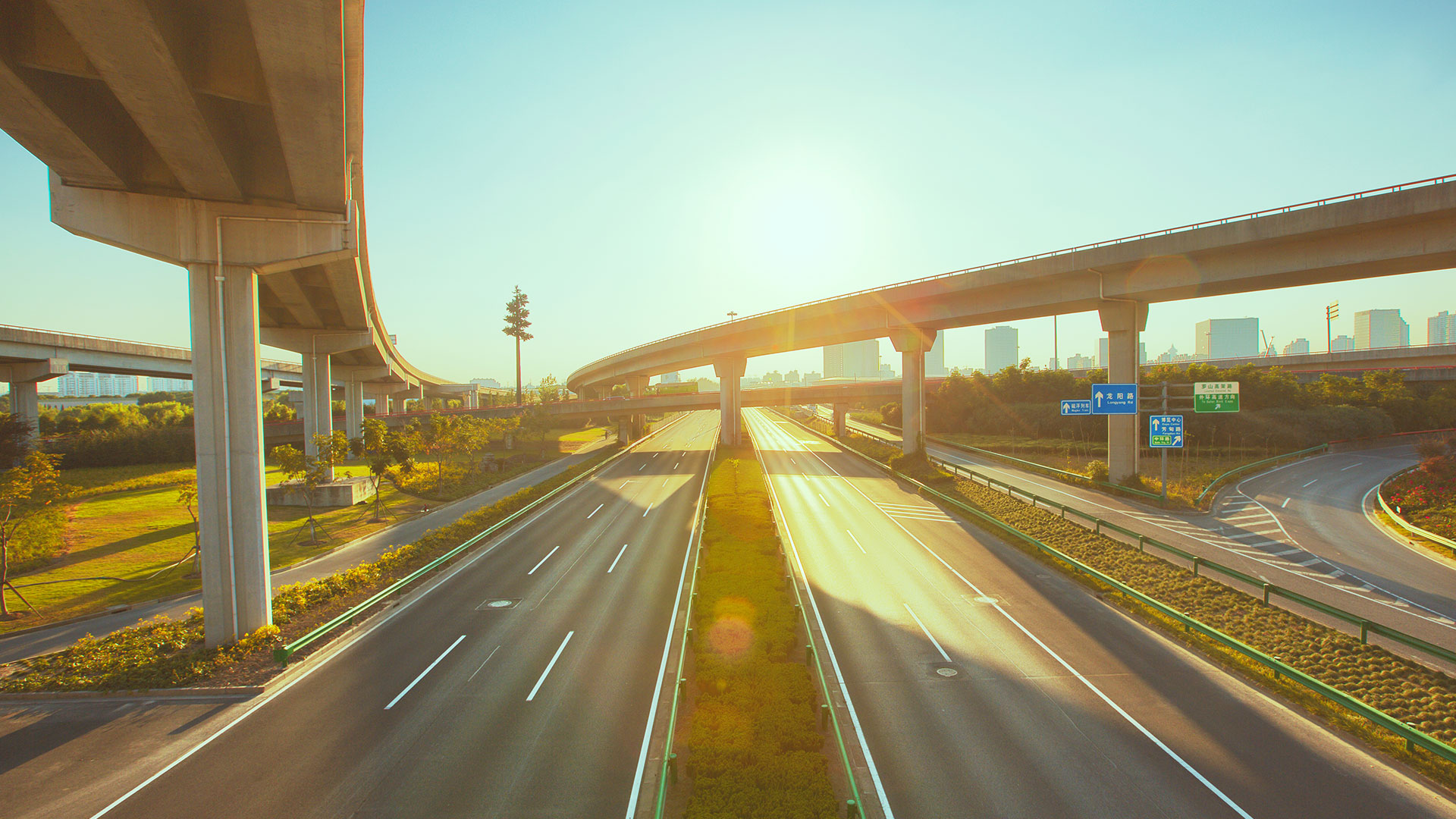

Q: Wouldn’t the world be better off if cars had never been invented? —Norwood I. Care, Sycamore, IL
A: Let’s get some obvious things out of the way: People drive to Sierra Club meetings. It’s more civilized to conceive a child in the back of a car than it is in the back of a public bus. If people didn’t die in car accidents, they’d still cease living at some point. And cars are the reason why there isn’t a river of horse piss running down the length of Broadway in Manhattan.
Even as a thought experiment, it’s difficult to expunge the car from modern life without everything else changing, too. But, hey, I’m not getting paid to not try. So, for my purpose here, a “car” will be counted as any self-propelled vehicle owned and independently operated by individuals.
To oversimplify, human history has been obsessed with increasing speed and expanding the scope of how and where life is lived. Something like 5,000 years ago, that meant domesticating the horse and putting it to work moving stuff around. It meant developing roads so those horses could move things more efficiently. It meant sails, trains, steamships, bicycles, airplanes, rockets, running shoes…everything in service of going faster and farther while carrying more stuff.
Cars (and motorcycles) are unique in that they are used by everyday people in practically any way they want. Cars aren’t, for the most part, operated by the government, don’t require a hired professional to drive, and don’t make it necessary to tell anyone where you’re headed before heading there. Cars are independently directed, individually maintained, and cheap enough to be owned by virtually anyone with a job.
Without cars, more cities would be like Manhattan. Tall buildings served by elevators would make more housing sense if there was no easy way to travel away from the urban core. What roads continued to exist would be narrower. There wouldn’t be many lawns in most people’s lives.
Making any sort of journey would mean first making plans to travel—the impromptu “road trip” would never have existed. So don’t forget to buy your train tickets, and figure out how to lug your baggage to the train station. And pack carefully, because you won’t have a glove compartment full of your prescription drugs, or a large trunk into which to dump your dirty laundry.
Kids would never be shuttled from after-school piano lessons to AYSO practice to play dates. They’ll be walking home both in the snow and when it’s scorching hot. They’d know nothing of day trips to the mountains, or the White House. They’d read about other states on the Internet without ever visiting them. Getting to a National Park would be a treat for the wealthy.
There would still be commutes, albeit on public transportation. So forget about your personal, four-wheel, air-conditioned transportation pod, and accept being packed into buses and subways next to strangers who don’t always smell rosy and fresh. And when someone gets a cold, everyone gets a cold.
Call an ambulance, and you’d better be ready to cling to life for a few hours before help arrives.
Of course some things would be better without cars. Less oil would be burned, parking lots could be put to better use, and idling in line at the In-N-Out Burger walk-through would be, maybe, healthier.
But ultimately a world without cars would be a smaller one, and less free. And that would suck.
Of course, cars were invented and we live within the world that has been built for them. But we tend not to recognize our own places in history. Things that seem permanent, aren’t—and nothing lasts forever. And some day the age of the car will pass.
But whatever comes next will have a tough act to follow.